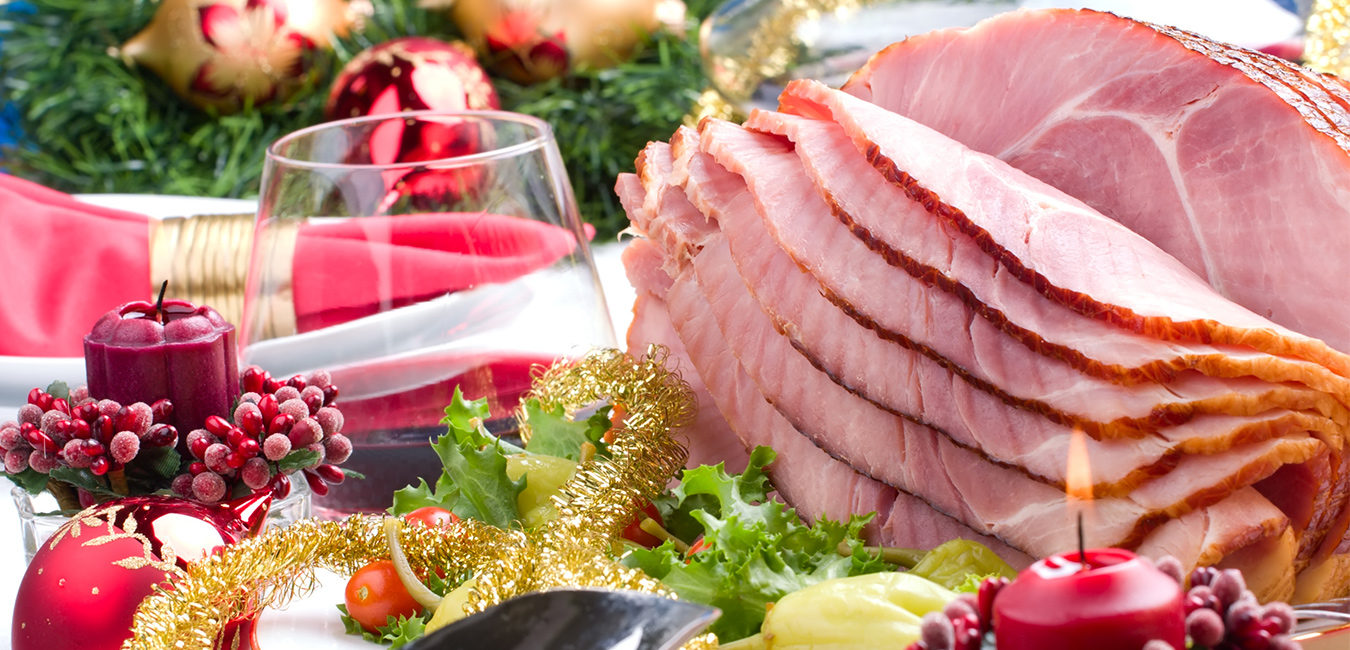It’s the season for wonder and joy. But Christmas, Hanukkah, and New Year’s celebrations have a downside when it comes to the heart. Deadly heart attacks rise during the last month of the year and holiday excesses can lead to heart rhythm disturbances like atrial fibrillation.
A national study in the journal Circulation, which examined death certificates over a three-decade period, found a 5 percent increase in coronary artery disease deaths over the holiday season. The researchers showed that the number of cardiac deaths was higher on December 25 than on any other day of the year, followed by December 26 and January 1. Similar research scanning a 12-year period in Los Angeles County showed a third more heart-related deaths in December and January than in June through September.
To be sure, the holiday season is a minefield for heart health. Festive year-end dinners and parties typically involve creamy, sweet or salt-laden foods, which can cause weight gain, raise blood pressure and hike blood sugar levels, throwing off glucose control. Binge drinking can trigger heart arrhythmias, increasing the risk for heart attacks and stroke.
It’s easy to get off track with exercise routines in the run-up to Christmas, Hanukkah, and New Year’s Day, just when you need them most to quell holiday stress, a heart risk factor in its own right. The emotional distress of remembering holidays with loved ones that have passed may also play a role in cardiac problems.
When worrisome stroke or heart attack symptoms strike, people may not want to inconvenience others and therefore they put off seeking help, particularly if they are traveling for the holiday and in an unfamiliar environment. This can be a deadly mistake. Even when cardiac patients made it to the ER, researchers found that significantly more of them died and the study authors concluded that “the Christmas/New Year’s holidays are a risk factor for cardiac mortality.” This increased death rate may be related to delays in seeking help.
Researchers haven’t pinned down the exact culprits, but you can follow these precautions to avoid “holiday heart”:
- Stay heart-smart. Try strategies like not skipping meals and sticking to healthy food options to keep your heart in good working order.
- Get a flu shot. Studies show that heart attack incidence is reduced over the year following flu vaccination.
- Be alert to the signs of heart attack and call 911 if you are a loved one is experiencing them. The classic signs are chest pain, pain or discomfort in one or both arms, the back, shoulders, neck, jaw, or upper part of the stomach (above the belly button), sometimes mistaken for indigestion, and shortness of breath. Sweating, nausea and vomiting are also common complaints. Still as many as a third of heart attack patients have no chest pain. These patients are more likely to be older, female or diabetic. Older patients are more apt to experience confusion and labored breathing and to faint.
No one wants to interrupt holiday merrymaking with a problem, especially one that may turn out to be a false alarm, but time matters when it comes to surviving a heart attack or stroke. Remember: Calling 911 is critical care expertise coming to you, with no traffic delays. So call if you have warning signs. Undoubtedly friends and family would welcome a few hours with you in the ER rather than another holiday without you.

